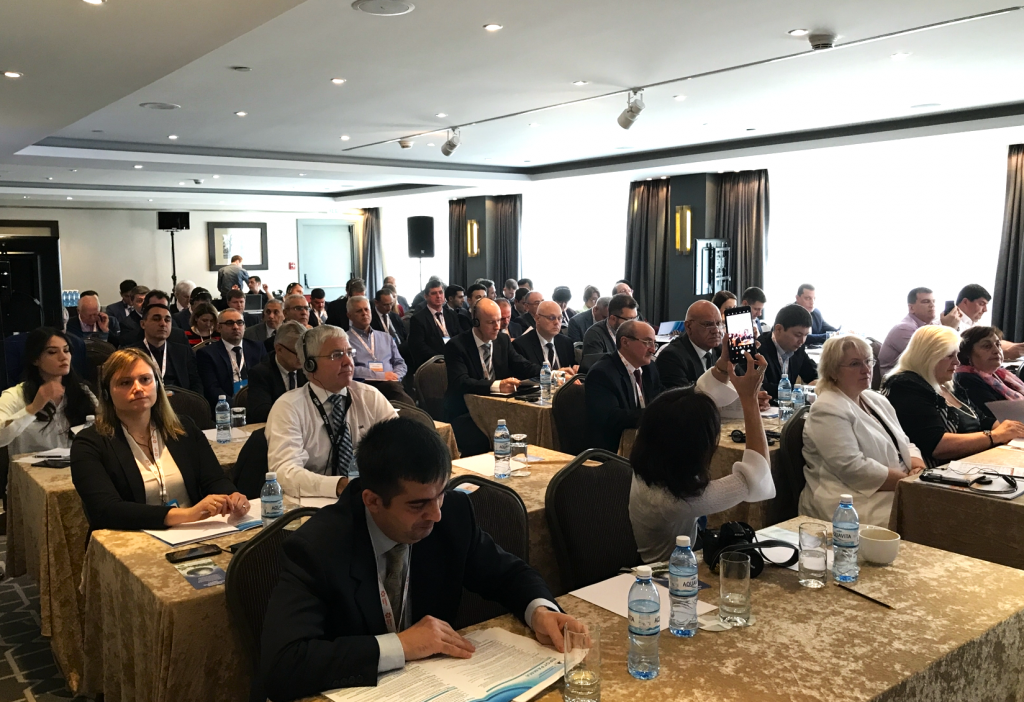Danger of ruining your pipeline when you think the things are going well
I have a compelling example that highlights the importance of consistent lead generation. Early in my career, when I had just started as a Sales Executive, I joined a team working on sponsorship sales for an oil and gas conference.
At the time, I was on probation, and the stakes were incredibly high. As a Russian national without a UK passport, I was in the country on a work visa. For me, passing probation wasn’t just about securing a job—it was about securing my future in the UK. Living and building a career here had long been a dream of mine, and I was determined to do whatever it took to make it a reality.
When I started, I was assigned one of the least profitable projects—most of the high-potential opportunities had already been taken by more established team members. The pressure was immense, but I made a commitment to myself: I would achieve what seemed impossible and prove I belonged in this role.
The bosses made a very poor decision of putting three new and unexperienced sales execs to the least successful project. But I didn’t care, I didn’t even get that the project was a failure, I wanted to close as many deals as possible. So I started making 120 cold calls every day, prospecting, sending emails, not having lunches, staying overtime to do more research.
Two of my team members didn’t do as much research, although one of them seemed to have a very big deal coming up. He was bragging about this deal. This was just one client who promised him he will close the deal with my colleague any day now.
My colleague was confident that the deal was almost secured, so he relaxed and didn’t invest further effort in researching new prospects. He was certain that the client would come through.
In contrast, I had already identified a few potential clients who had shown interest in purchasing a sponsorship package. While each of them seemed promising, I knew I couldn’t fully rely on them just yet. So, I continued my research, actively seeking additional prospects to ensure a steady flow of opportunities.


One day the potential client stopped responding to my colleagues calls and emails, and started ghosting him. The colleague was still sure that the client will buy very soon.
The client refused to buy from my colleague.
At that moment, my colleague was left with no backup, and ultimately, he came up empty-handed. Meanwhile, I successfully closed several deals because my sales pipeline was bigger than my target. His reliance on a single client was a risk I didn’t take. You can’t truly trust a deal until the funds are in your company’s account. The key to consistent success is building a pipeline that’s four times larger than your sales target—only then will you reliably meet your goals.
Even if a potential client promises to sign the deal tomorrow, don’t place all your trust in that assurance. I’ve had experiences where clients disappeared after making such promises, and I’ve seen cases where negotiations seemed solid, only for the board to change direction, resulting in the deal falling through. That’s why I never trust a deal until the money is in hand.
It’s a harsh reality, but once you accept it, you can continue to treat clients with professionalism and respect. You must honour their reasons and decisions, but always remember to maintain a pipeline four times the size of your target… just to be on the safe side.


Leave a Reply